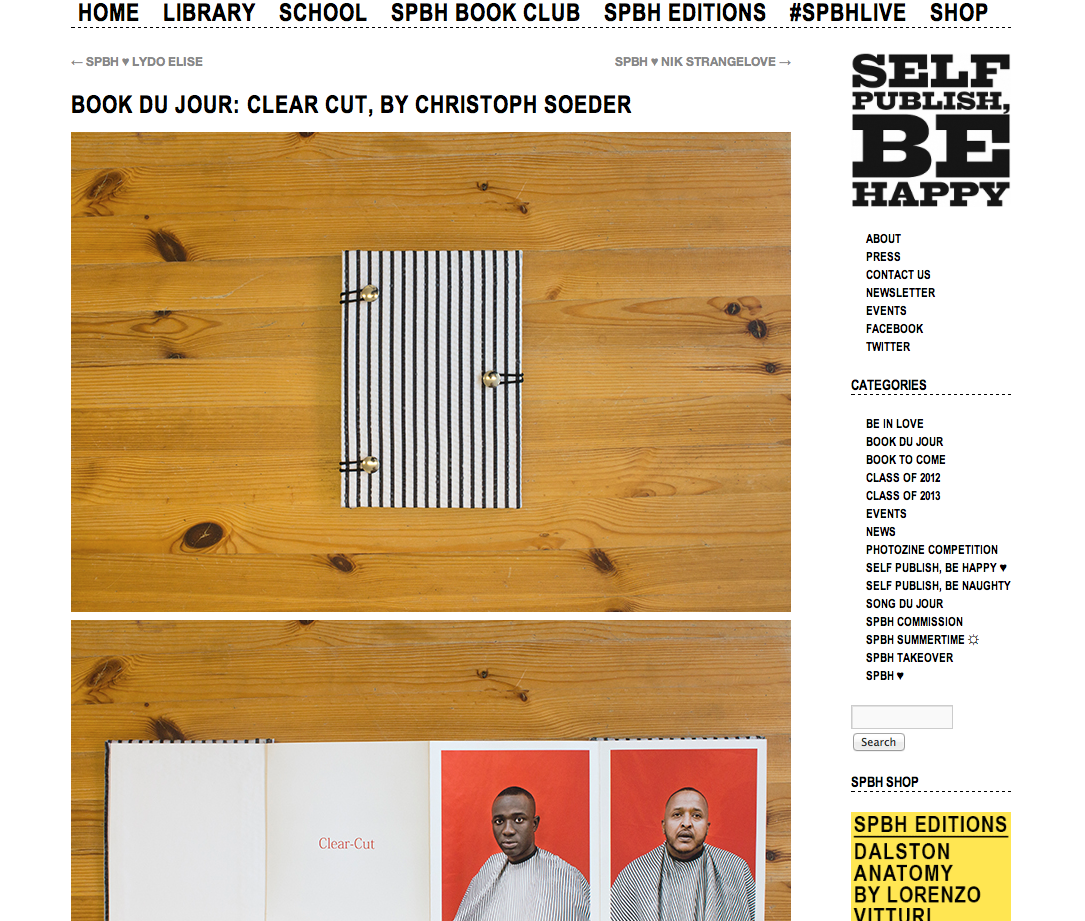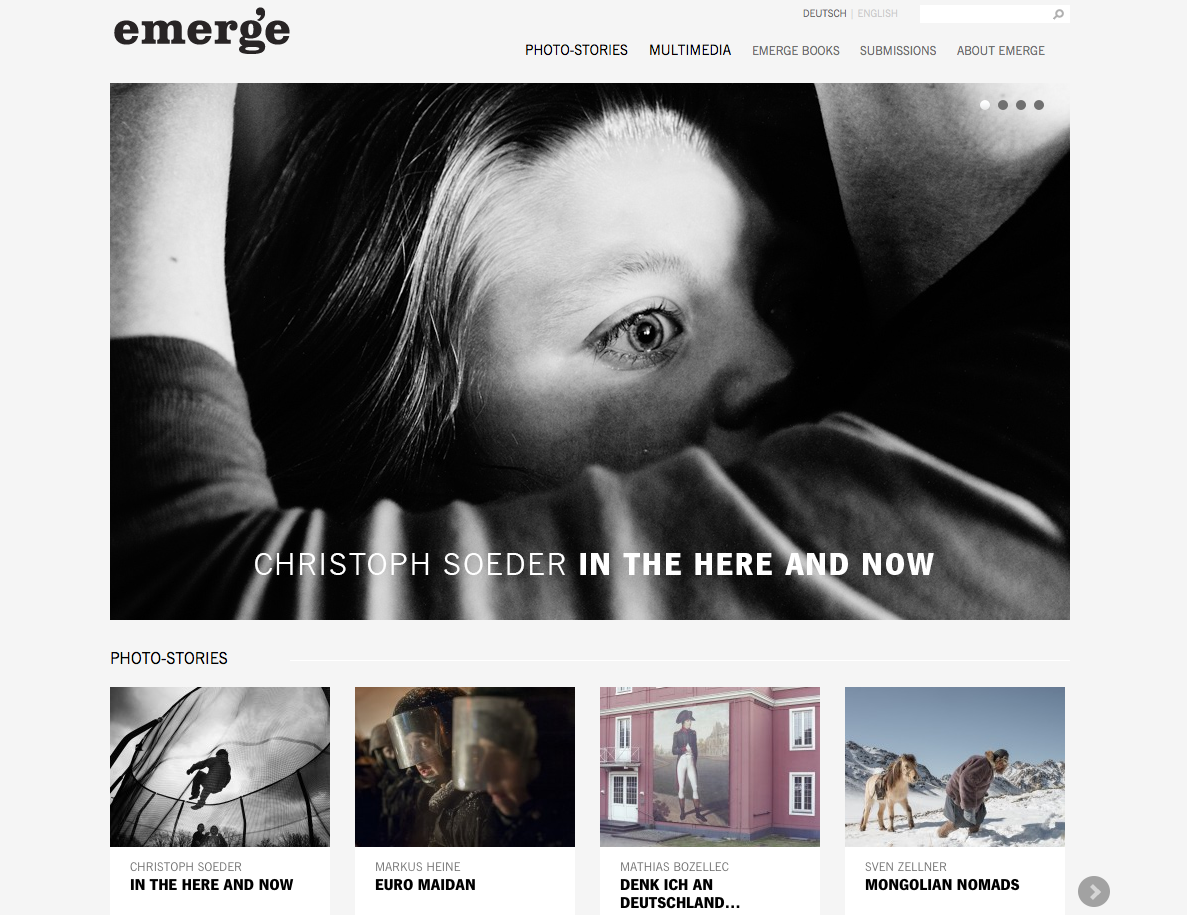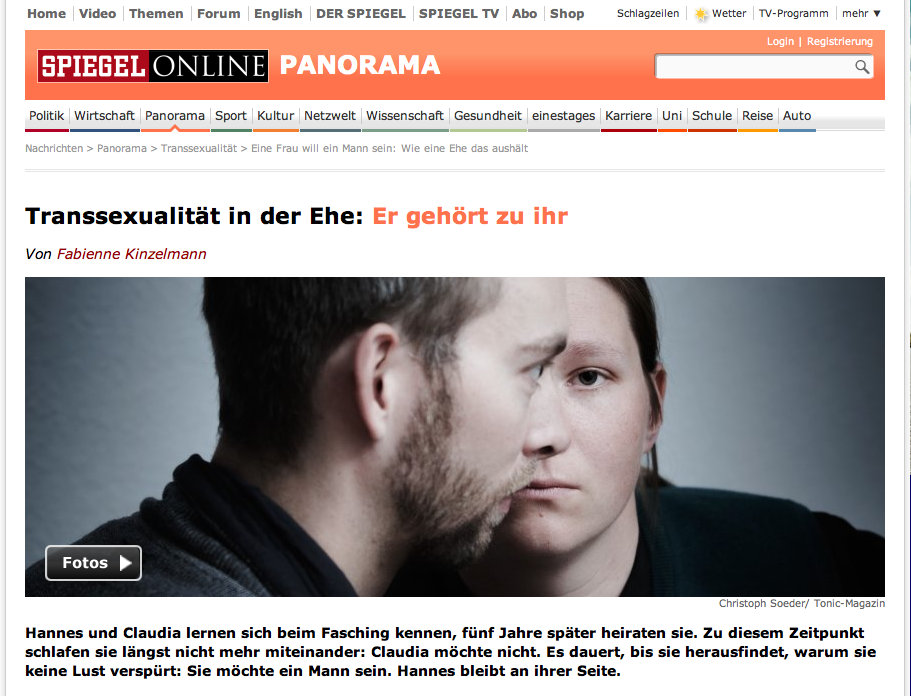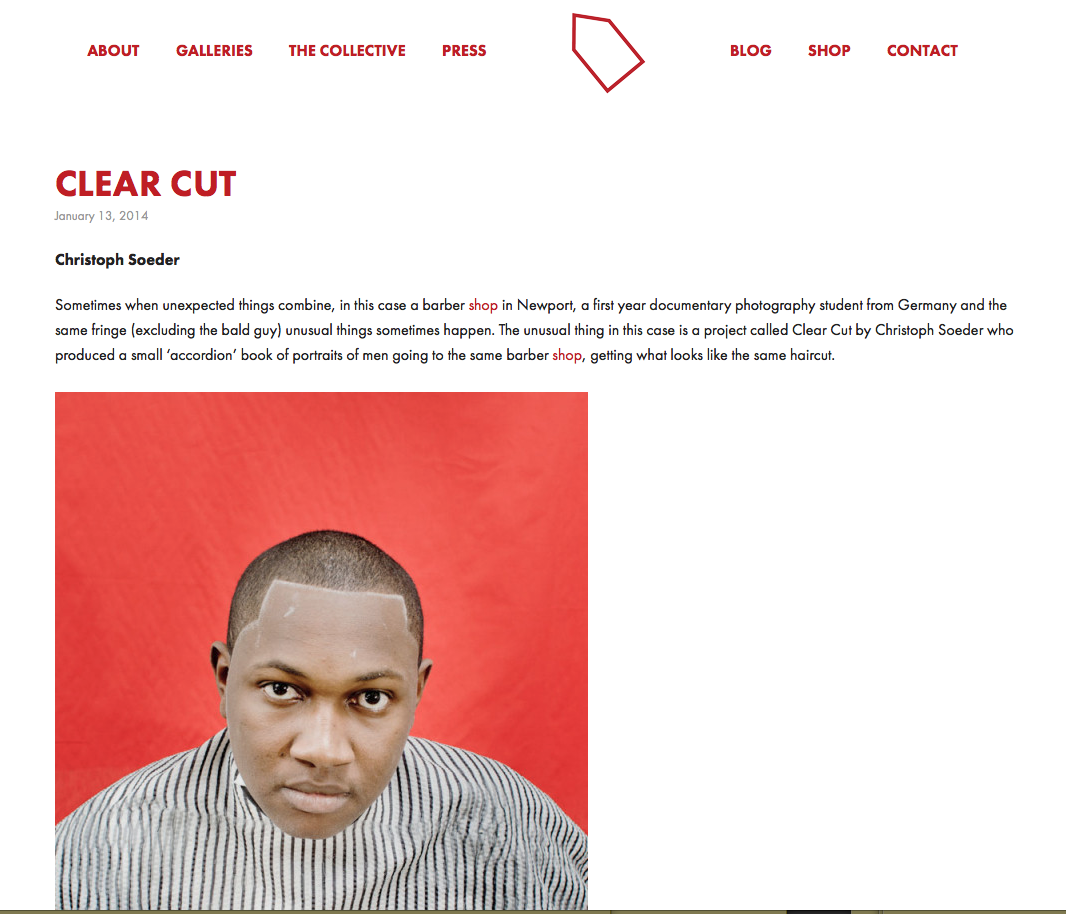Clear-Cut sold out
Dear Friends,
Many thanks to everyone who bought a copy of ‘Clear-Cut’, the edition is now sold out.
The bookbinder in Stuttgart/Germany just finished the books and will send them out to me for numbering and signing them either today or tomorrow, so that I’ll be able to start delivery shortly. Looking forward to send out these little striped pieces of barber cloth, paper and ink to their final destinations 🙂
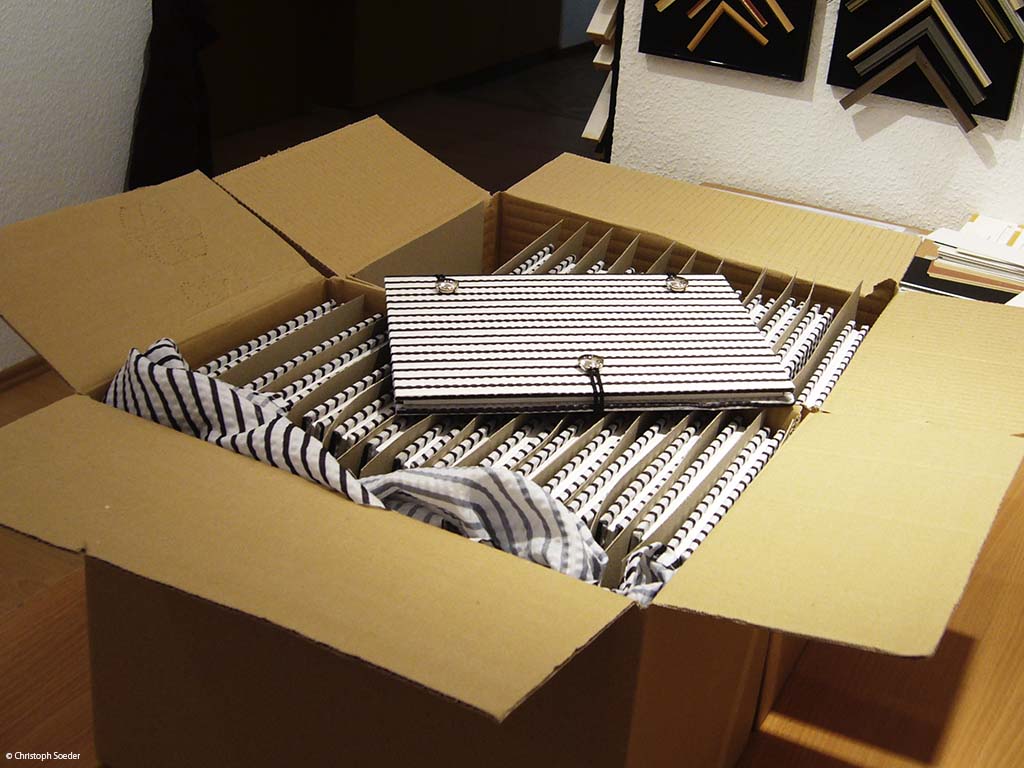
Countess Katinka Stampa Orwin wearing a hat by Alison Tod
Link to this article Posted on 14. March 2014‘Clear-Cut’ has been featured on Self Publish, Be Happy.
Link to this article Posted on 12. March 2014‘In the Here and Now’ on emerge magazine
‘IN THE HERE AND NOW’ and has been published on emerge magazine as their 100th story.
Die Geschichte von Hannes und Claudia auf Spiegel Online
Link to this article Posted on 12. March 2014Impressions from the Philippines after Typhoon Haiyan
Beginning of December I went to the Philippines to document the delivery of relief goods for typhoon victims, which were funded by the Germany based NGO Kaibigan and to make first enquiries which help people need in order to start a living again. Relief goods were brought to Talinhugon, a small village around 50km from Tacloban and to Cambalading which is near Ormoc at the west coast of Leyte.
The area left destroyed by typhoon Haiyan is so huge that it seems almost surreal to drive around for hours, without seeing any house which would not at least be partly damaged. What is not surreal at all but very real instead, is to meet the people who face their situation with incredible courage and who are thankful for any help provided. What astonishes me each time again when coming to the Philippines is the kindness, with which people welcome foreigners, even if their situation would fully justify their concentration only on own concerns.
The following images show the situation beginning of December as well as the help provided. Further down I also put up images from other areas and projects in which Kaibigan is involved.
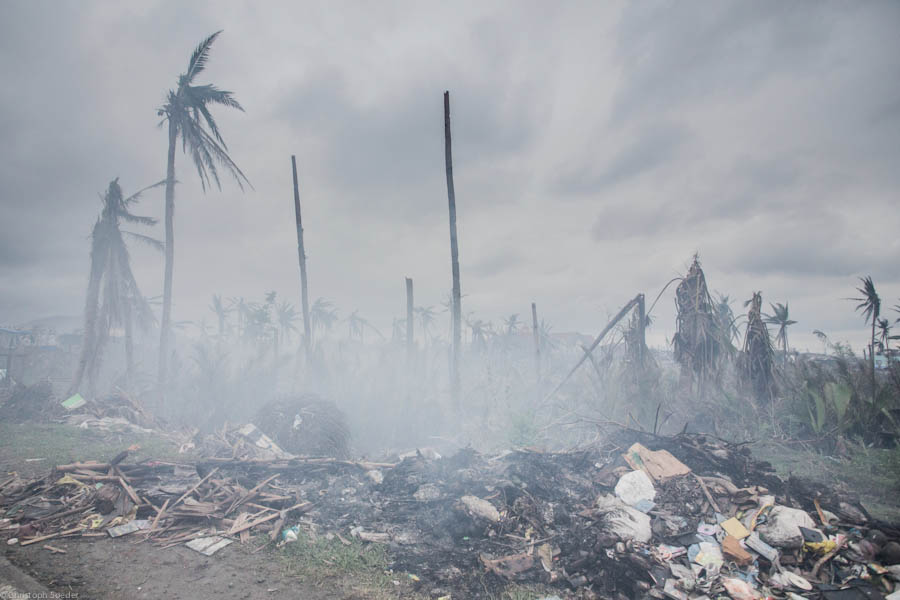
Approaching Tacloban the destruction left behind by typhoon Haiyan gets worse and worse.
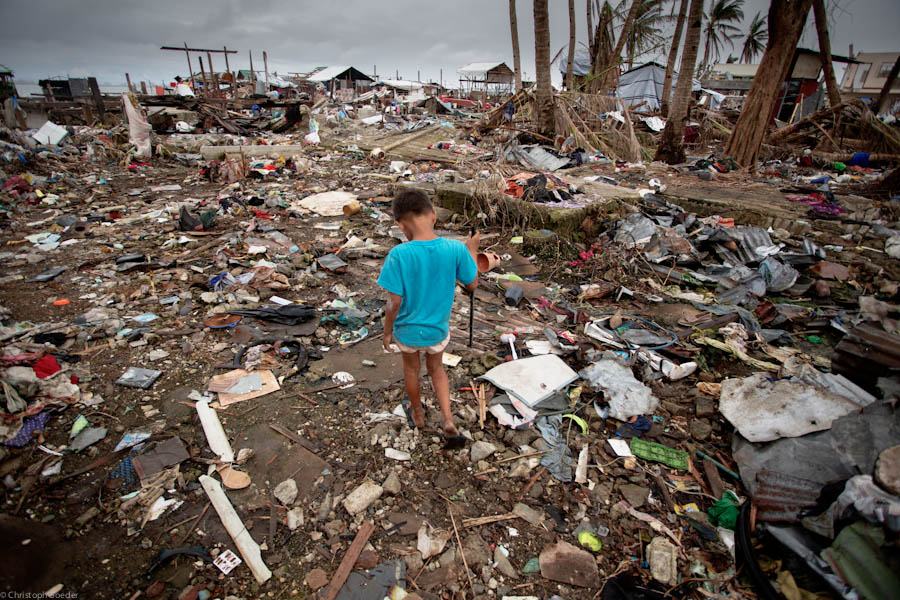
Ten year old Richie walks through the ruins of his district at the coast of Tacloban.
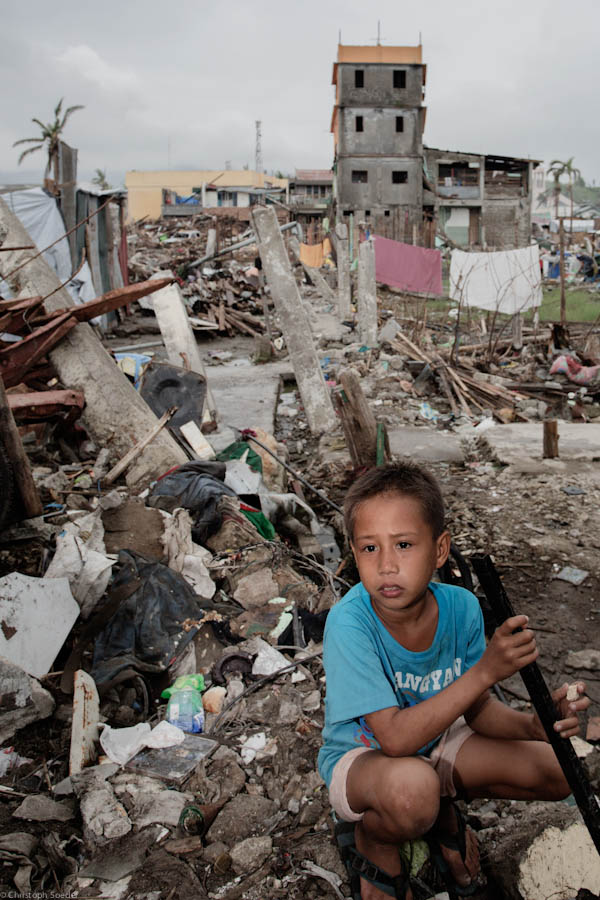
According to eyewitnesses the wave which overrun Tacloban was as high as the third storey of the building in the back of Richie.

In Cambalading Albin rests on a door in a ruin of one of the houses of his village.
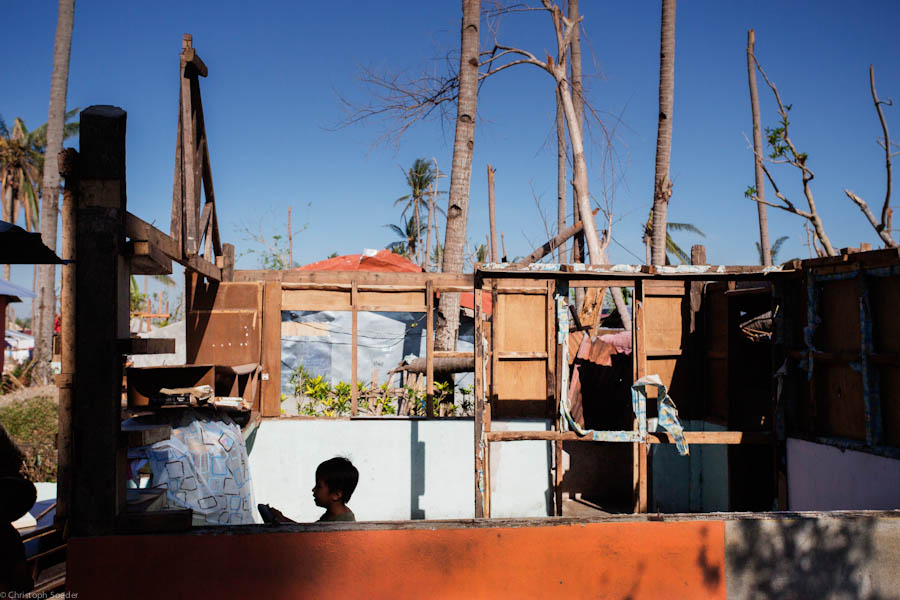
A boy plays in a ruin in his village Cambalading.
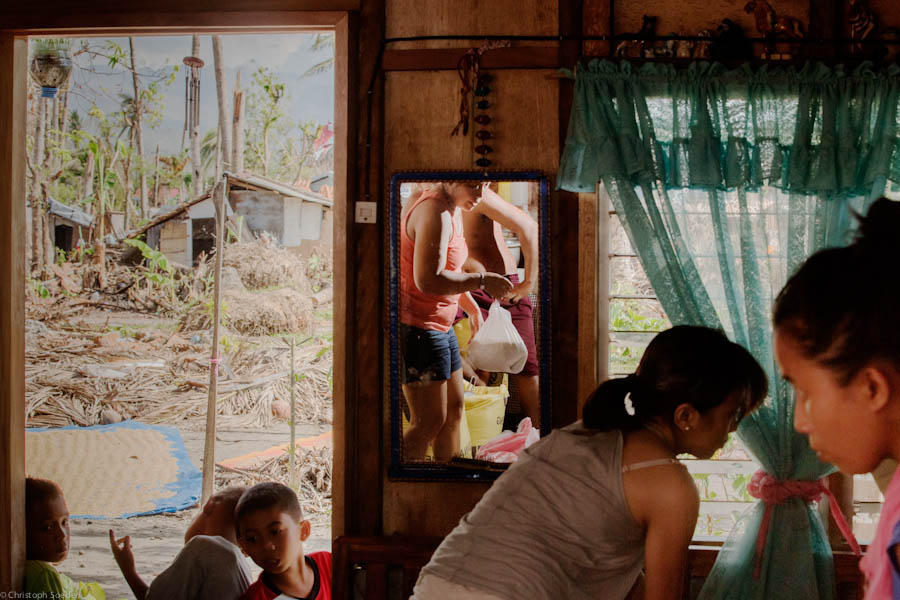
Helpers pack relief goods for distribution.
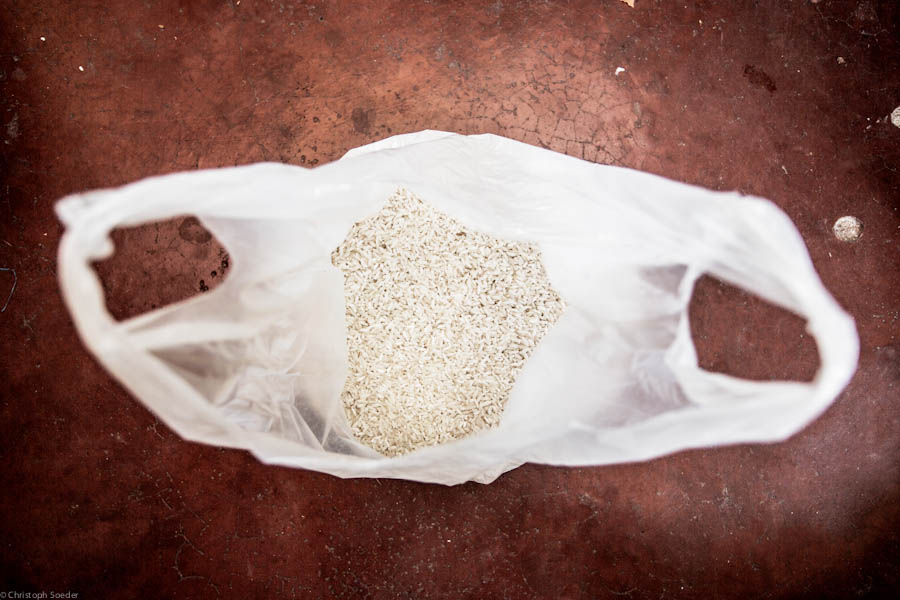
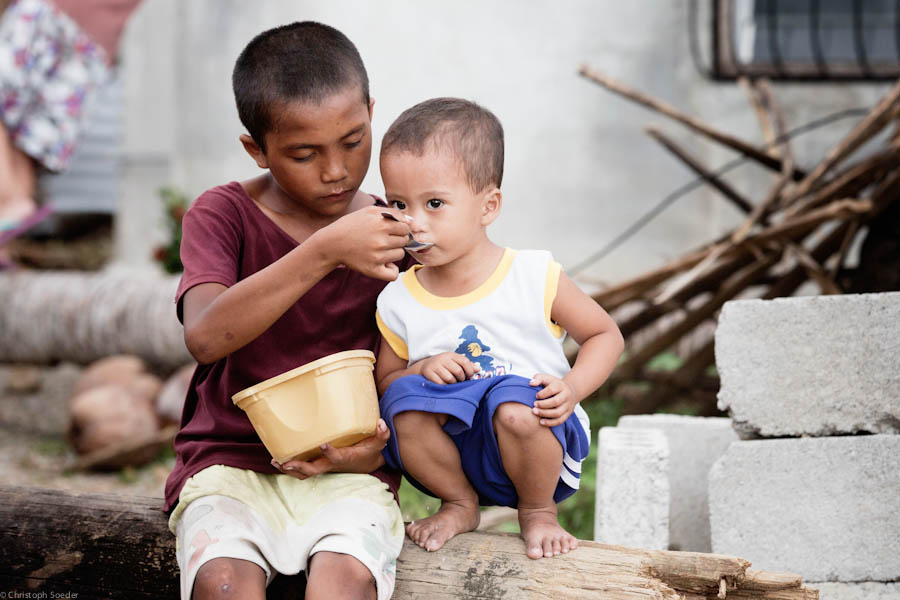
Gunel (l.) and Win-Win eat lunch from the feeding program.
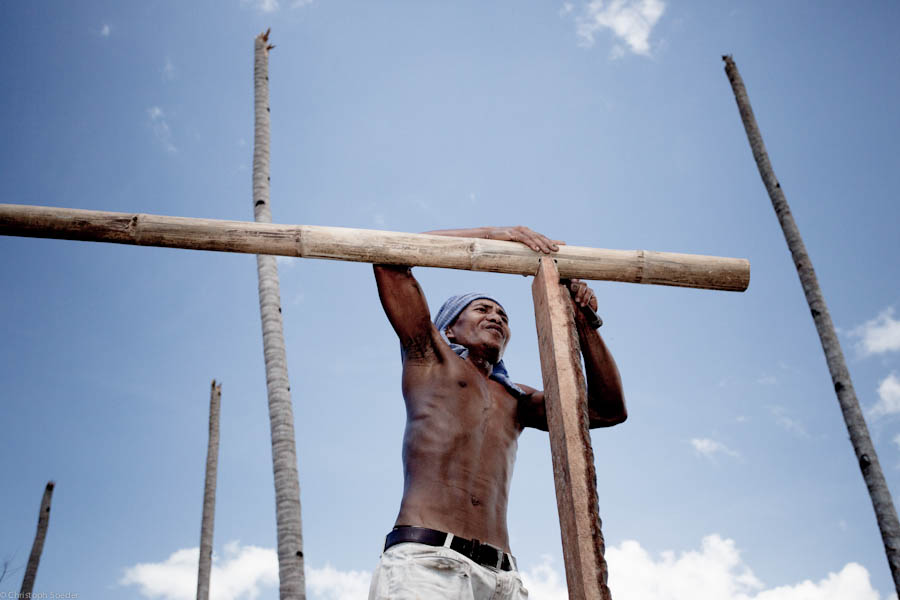
Sandy is one of the first starting to rebuild his house in the midst of the destroyed coconut palms.
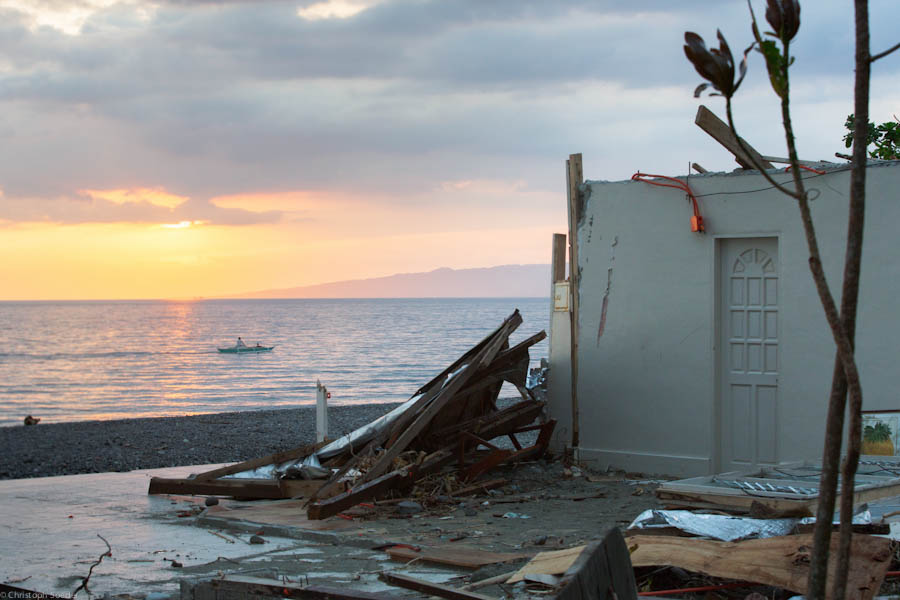
Most men living in Cambalading are fishermen, who lost their boats in the storm. Providing them with new boats is the first step to enable them to start working again.
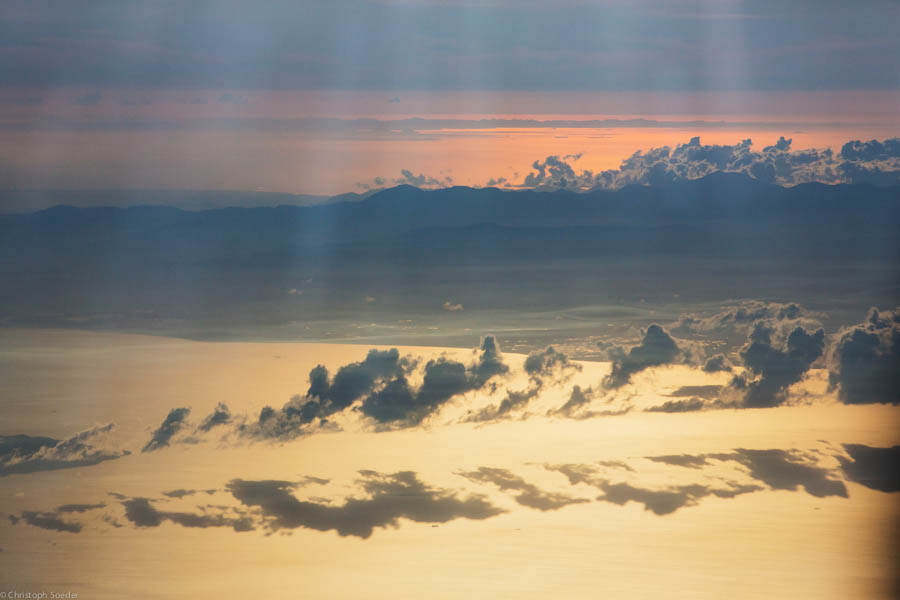
View from the plane on the way from Manila to Cebu.
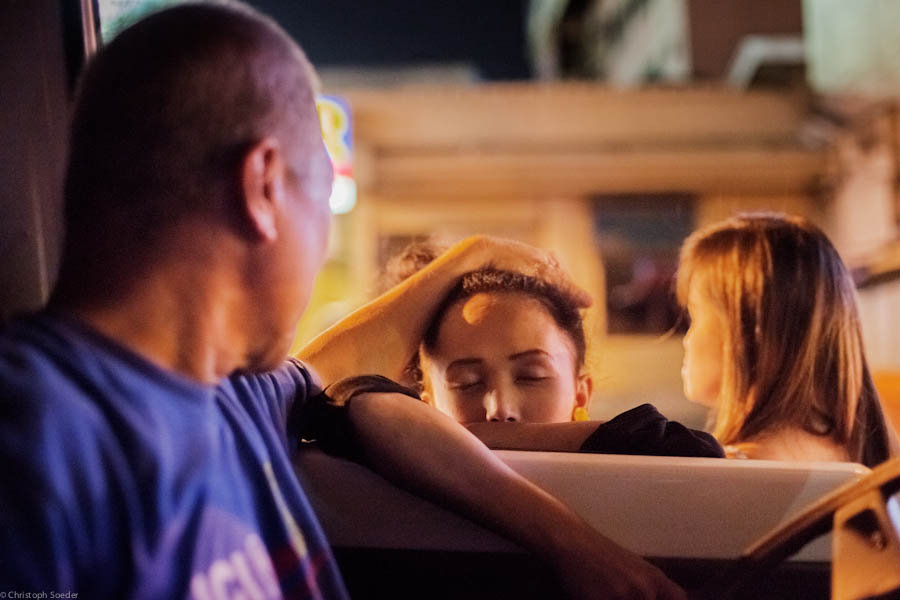
At night time Brother Paul drives around offering psychological help to sex workers or simply being receptive to their concerns.
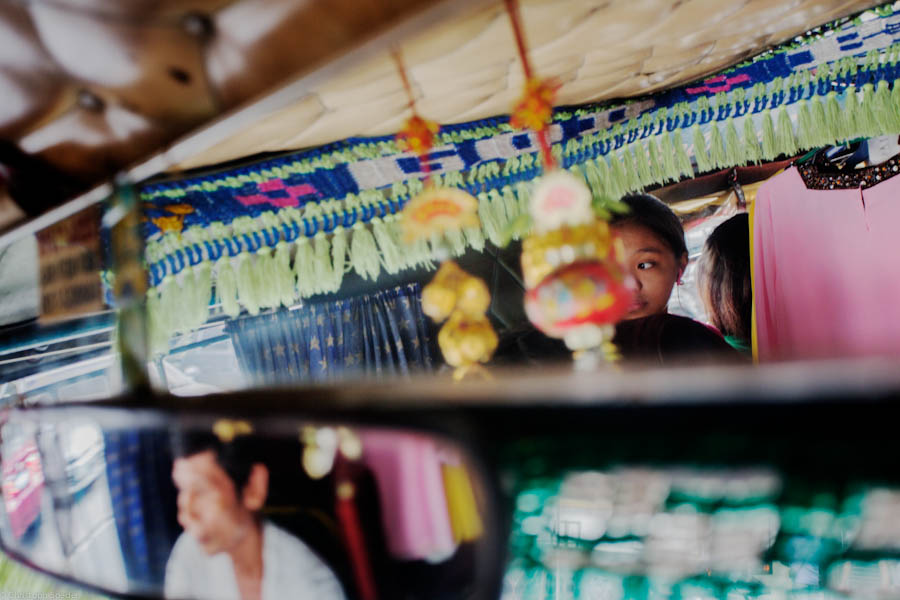
One of the singers of a children’s choir rides a jeepney on her way to a performance.
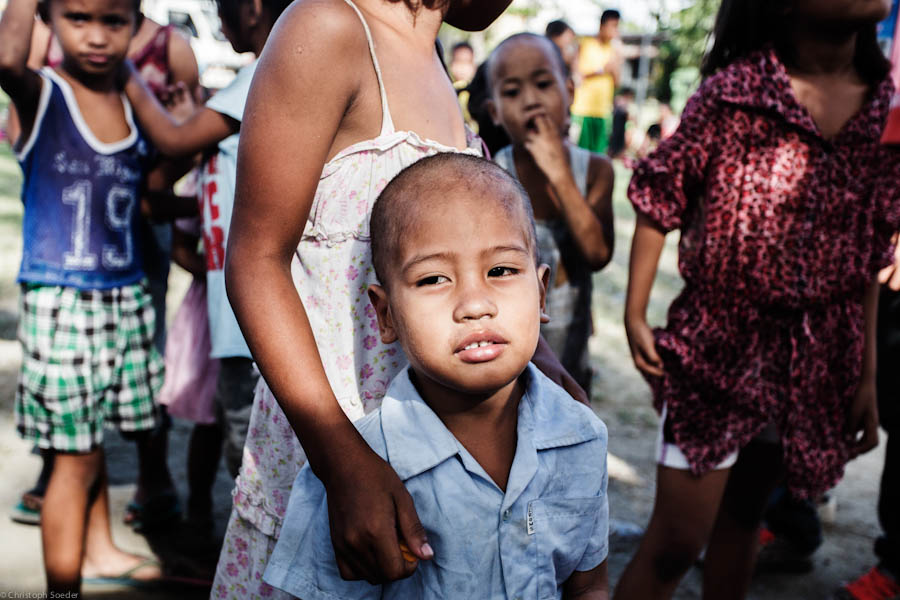
A boy attends a ‘child rights and protection’ event funded by the European Union in Cebu.
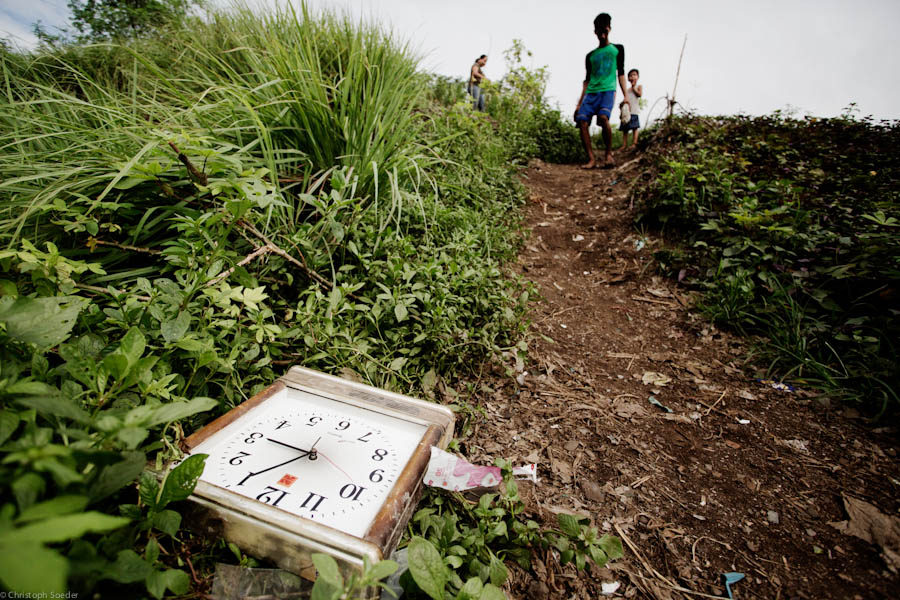
An old clock lies on the path leading up the Smokey Mountain. The Smokey Mountain is the former dumpsite of Manila.
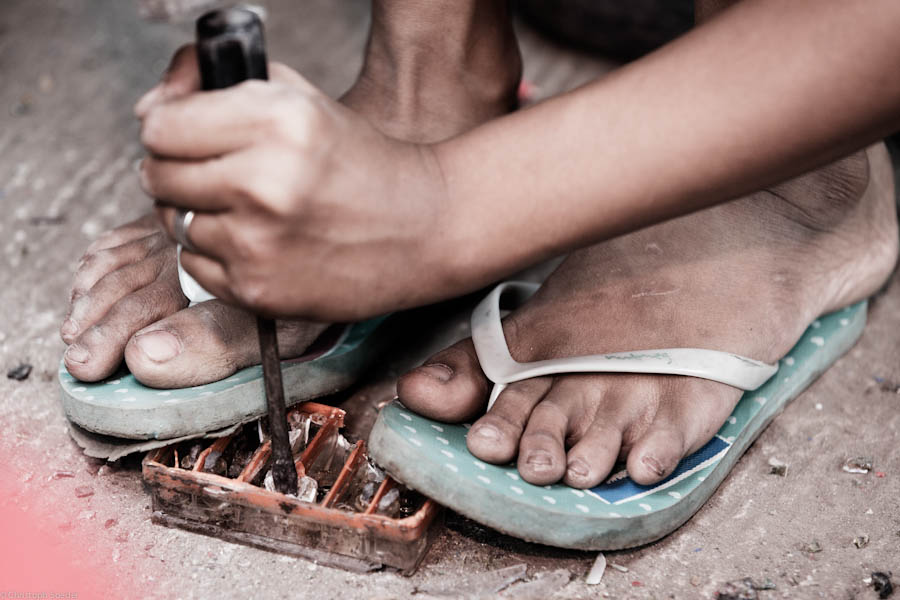
At the foot of the Smokey Mountain children work separating metal from plastic for recycling purposes.
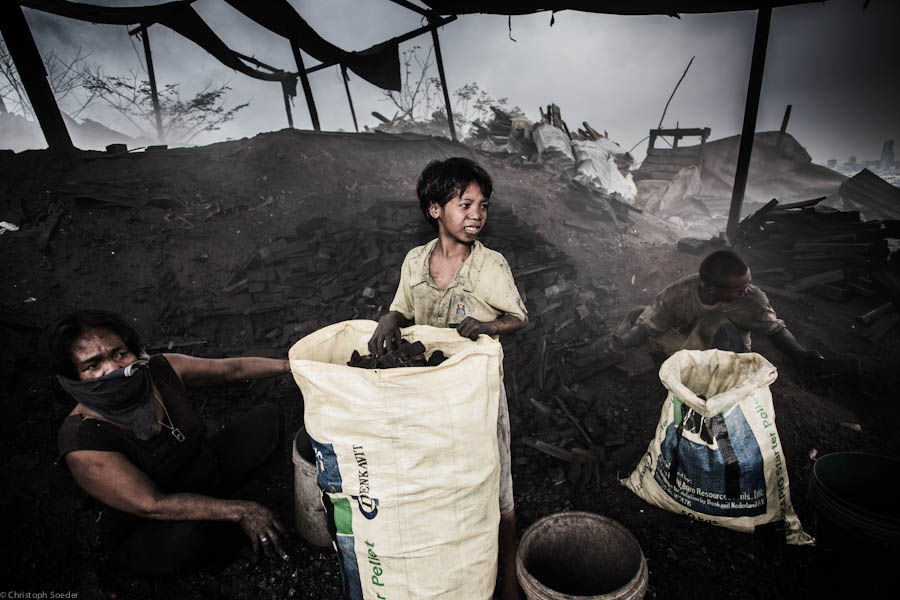
Mary-Rose (m.) is working in the charcoal production which is now located on the top of the Smokey Mountain.
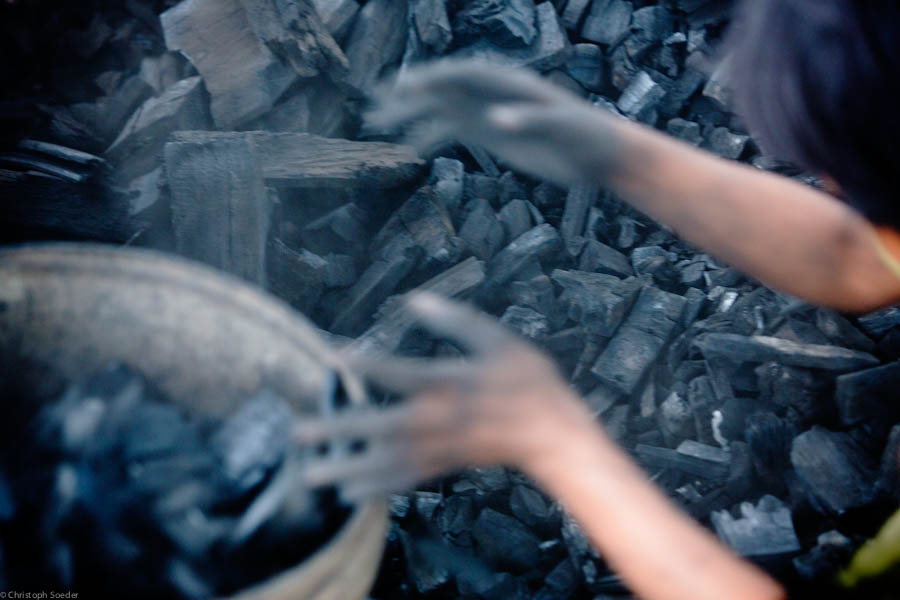
People on the Smokey Mountain work days, months and years breathing the smoke from the burned wood which is extremely harmful to their health.
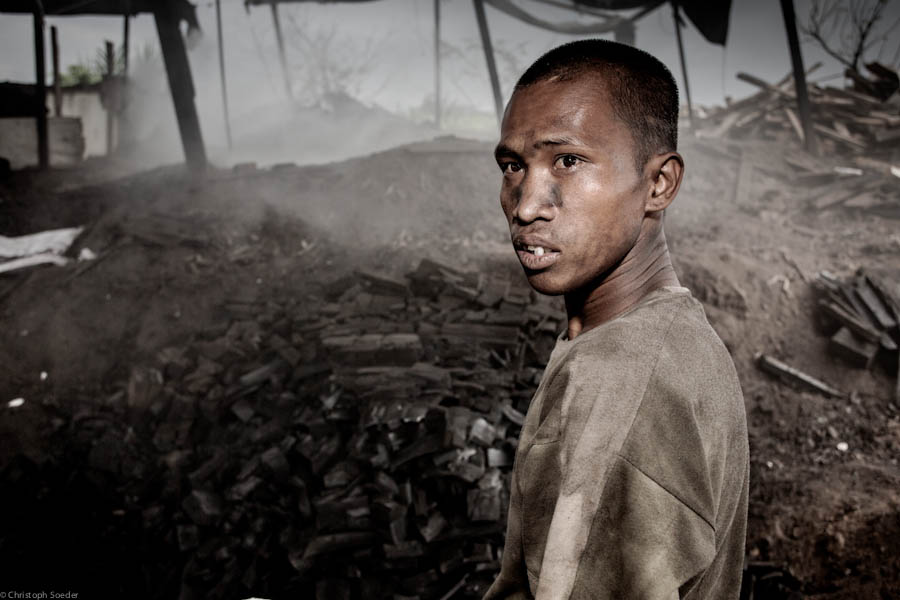
Denis
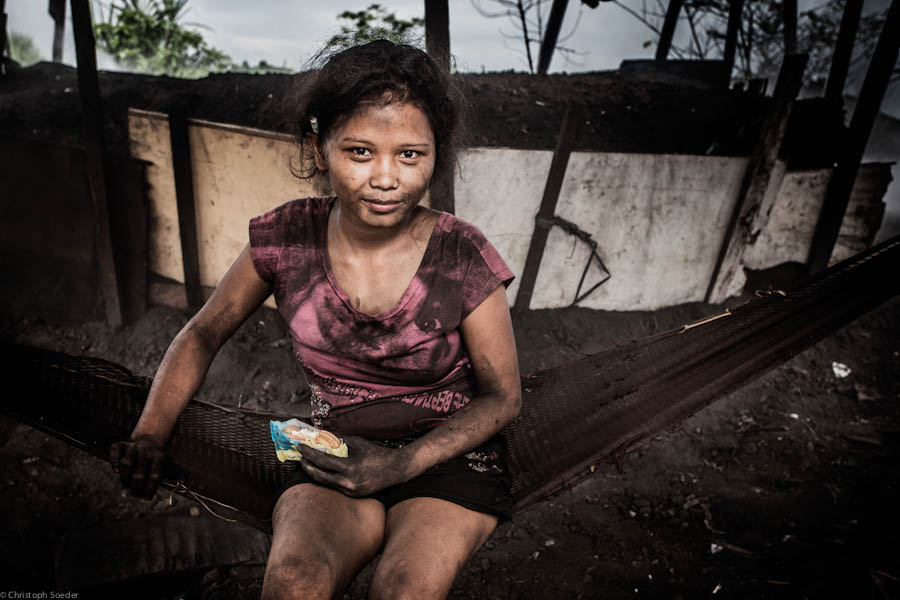
Kolot
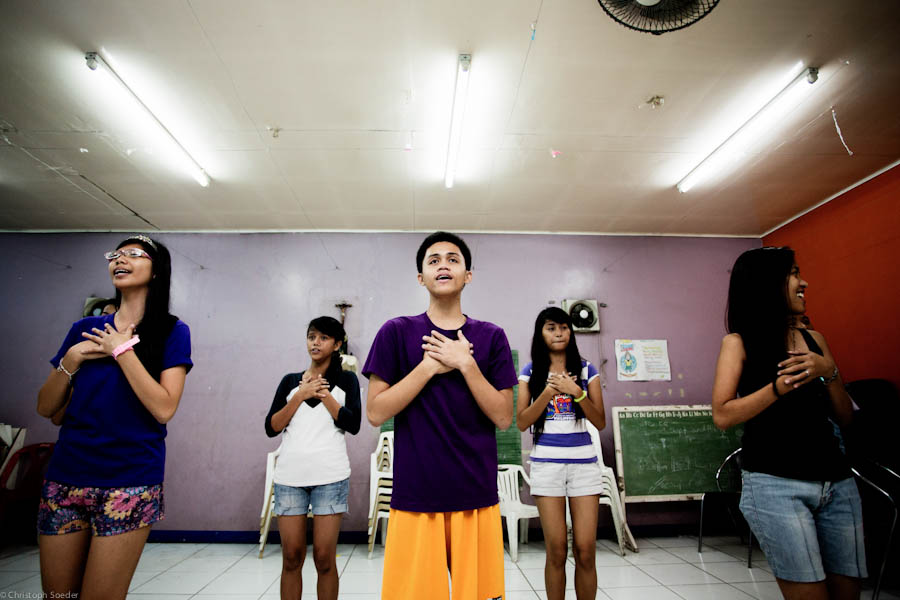
Children from the district of Smokey Mountain sing in a choir.
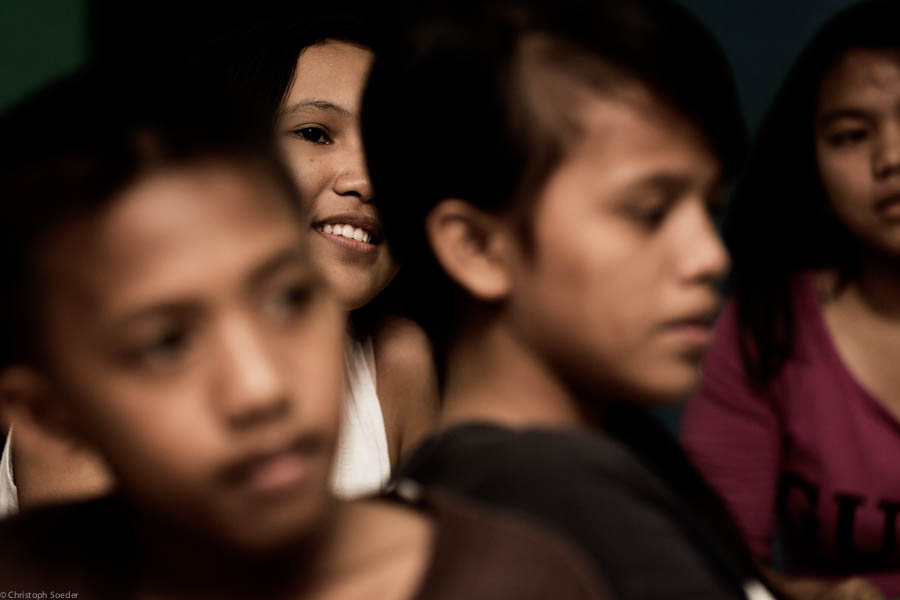
A girl from Smokey Mountain takes part in an evening class.
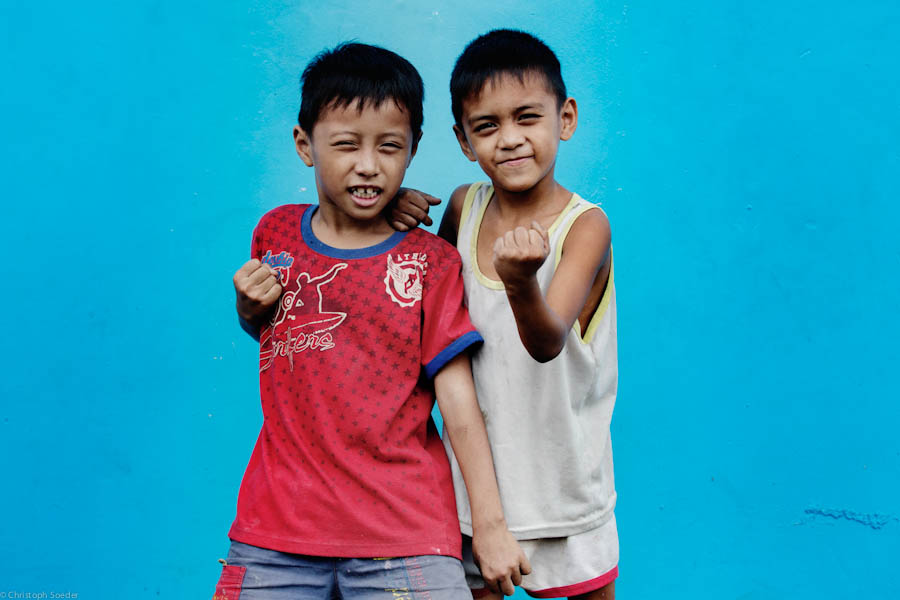
Two boys showing the camera their almost supernatural strength

A boy flies through the air as he is thrown by some of his friends for an acrobatic performance.
Clear-Cut on ‘A Fine Beginning‘
Clear-Cut, featured on the website of the open Welch photography collective ‘A Fine Beginning‘. Thanks Gawain Barnard!
Clear-Cut
My portrait project ‘Clear-Cut’ shows customers at the ‘Atlantic’ barbershop in Newport/Wales. ‘Clear-Cut’ will be self-published as a limited edition of 35 copies in an accordion book (leporello). I would like to use this as an opportunity to introduce the book and briefly talk about the project.
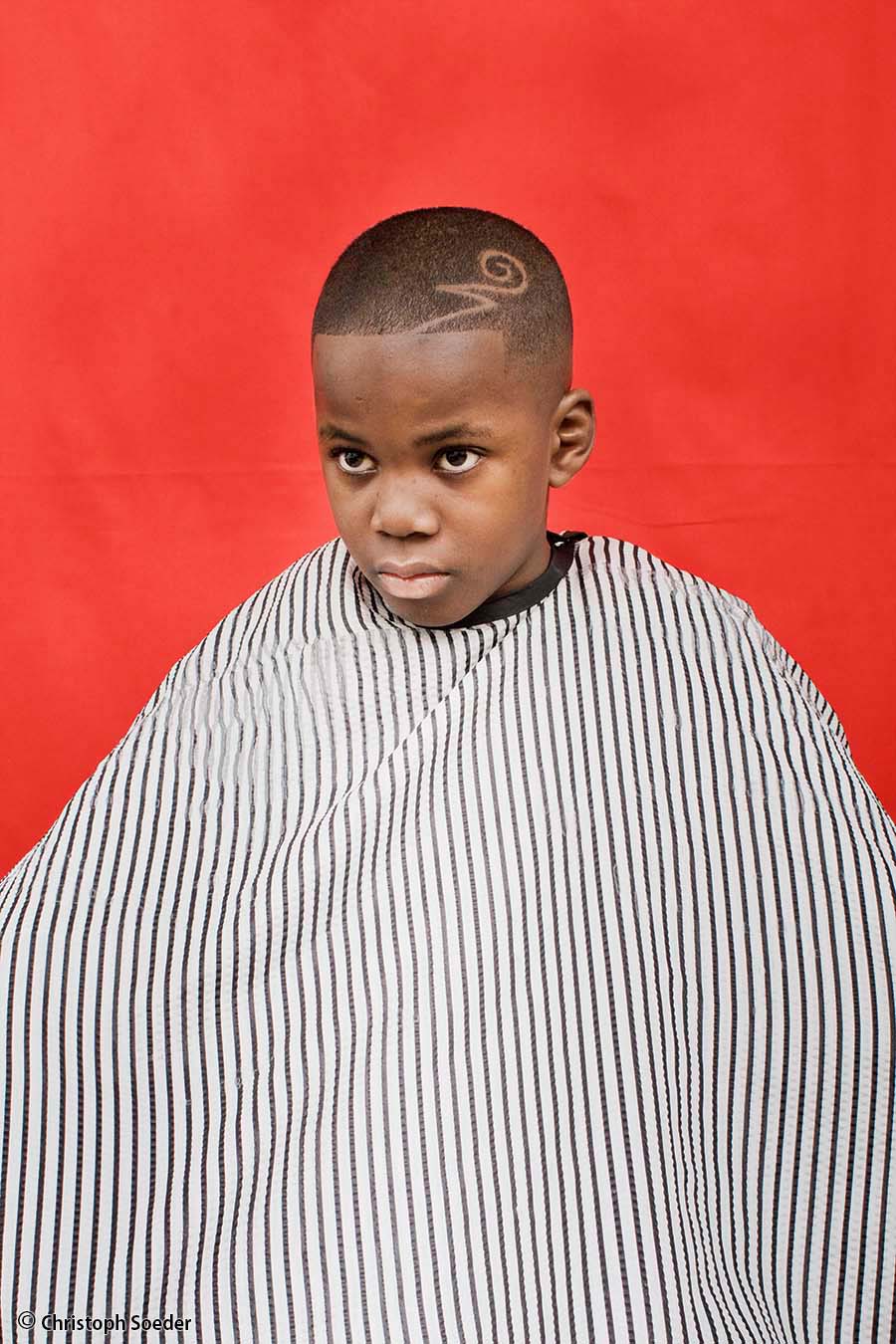
Raheem, Newport/Wales, 2013 © Christoph Soeder
The project can be characterized by its banality on one hand – most people go to a barbershop or a hairdresser at some point, where they get wrapped into a barber’s cape – and on the other hand by the distinctiveness of each photographed individual.
The accordion binding of the book allows to flick through the pages like in a normal book or to unfold it completely so that all photographs stand as a series besides each other.
 ‘Clear-Cut’, © Christoph Soeder
‘Clear-Cut’, © Christoph Soeder
 Unfolded example of ‘Clear-Cut’, © Christoph Soeder
Unfolded example of ‘Clear-Cut’, © Christoph Soeder
The serial display of the images underlines an important aspect of the work: the contrast between commonality and individuality.
The simple thought of the human aspiration to belong to a community but to be individual and unique at the same time, illustrates very well, how both commonality and individuality go hand in hand, and, even though being contradictions, are not mutually exclusive to each other. This phenomena actually occurs visually when the images are being considered all along side each other: The common aspects of the subjects seem more apparent while at the same time the individuality of each subject stands out more clearly in comparison to the other photographed people. This phenomena of the individual becoming more apparent through the common and vice versa is quite fascinating because, as described before, both are actually opposed to each other. The reason being might be that one is defined through the other and that as a result of this, both inevitably go hand in hand. This is like the colour black which becomes apparent only through its negative white and vice versa.
The two covers of the book are held in black and white and coated with a part of the cape the subjects wore as they got their hair cut and were photographed. This makes the viewer actually touch a part of the subjects, when he or she holds the book.
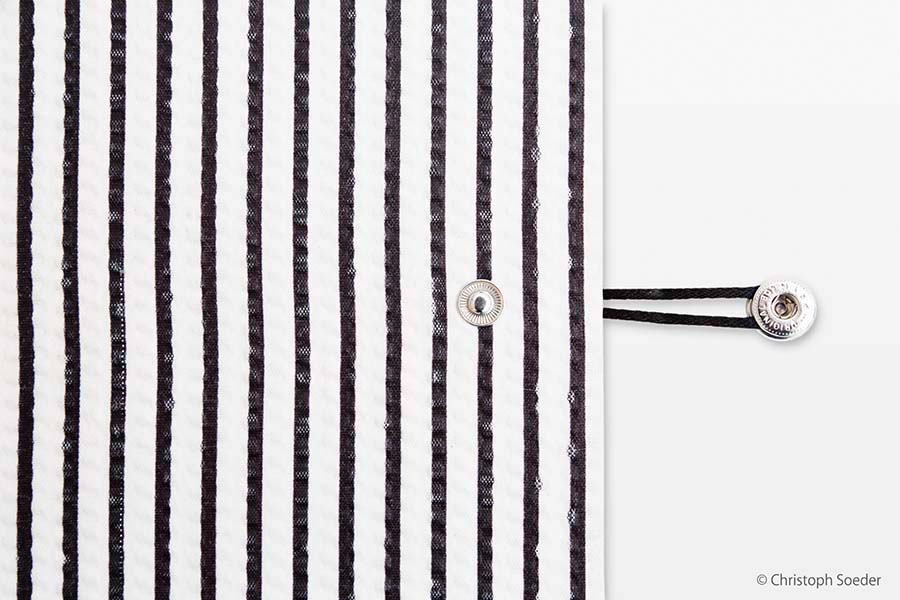 Front and back cover of ‘Clear-Cut’ are held together by press buttons. © Christoph Soeder
Front and back cover of ‘Clear-Cut’ are held together by press buttons. © Christoph Soeder
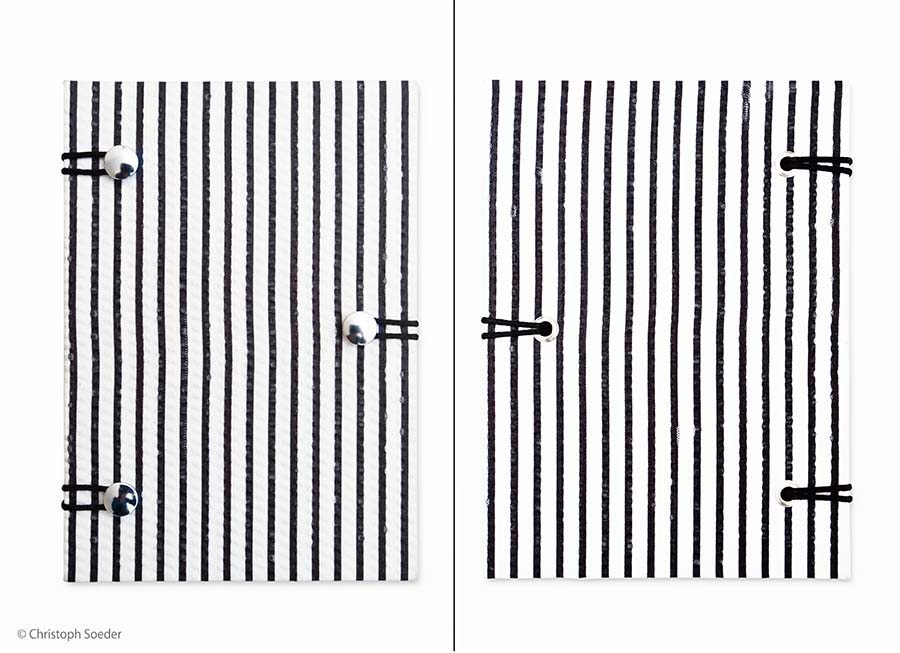 Back and front of ‘Clear-Cut’, © Christoph Soeder
Back and front of ‘Clear-Cut’, © Christoph Soeder
The book is hand made and the number of copies is limited to 35. The price is 35 £/ 42 €. If you are interested in buying a copy, please contact me.

